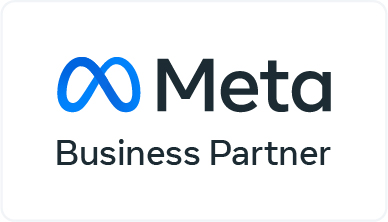Discover how Anwesha successfully introduced martech in a B2B industry reliant on third-party partners for leads and long sales cycles. Gain practical insights from ESR's journey with HubSpot, including effective strategies for evaluating martech platforms, driving team adoption, and achieving tangible benefits.
Find out all that and more right here👇👇
Listen on Spotify >>
Panelists:
-
- Anwesha Dutta, Head of Marketing - India, ESR
- Adarsh Noronha, HubSpot Country Head, India & SAARRC
- Abhinav Sahai, Co-founder, Niswey
Timestamps
Skip to the section that appeals to you the most
00:00 - Martech CXO Dialogues Intro and panelist introduction - 00:31 - Marketing status quo in B2B real estate
- 04:01 - Building an in-house lead-in engine with martech
- 11:42 - Leadership open to change and risk
- 13:32 - Does my organization need a martech platform?
- 18:26 - How do you get the team to adopt a new march platform?
- 22:56 - How does a Head of Marketing keep themselves updated?
- 25:33 - Reviewing and consolidating the marketing tool stack
- 37:29 - How peer recommendations drive B2B decision-making
Discussion Summary
Abhinav: We'd like to hear, you know, what about more about ESR as an organization and then more about your role specifically with ESR India.
Anwesha: So ESR is one of the world's largest real asset platform. And we invest heavily into new economy, real estate. We are present in countries. So, you know, marketing is also fragmented and very localized because what works in China, the strategy in China may not be applicable in India, but how we approach customers, how do you generate leads to like the experience you want to give. Though we have like an overarching brand, which is consistent across markets, but the markets have their own autonomy in deciding on tools, how they want to run their marketing and manage their experience as a brand per se.
So, So as I said, we were very, very reliant on like outbound events, advertising, et cetera. And I was among the early proponents to come up with, okay, fine, let's run a lead generation engine ourselves and generate more leads in-house than depending on external resources or reduce dependency on IPCs or property consultants. And that's where we started using a tool like HubSpot. And yeah, just for my role, so as I said, I came from a very different background, very new to real estate.
My role was to like kind of challenge the existing structure in terms of how real estate marketing is done, right? How do we disrupt this whole process, bring something fresh and like just change how people's mindsets are set, because I have been, I've given me so much pushbacks on do this event, that event, And personally, I'm a very data-driven person. If I see, like, OK, we spent a certain money, but I can't justify the ROI of this particular event, or I can't justify why I did this ad.
Though there was a QR code, people come to our website. We didn't get that much response. I didn't get converted. So yes, my initial days was building the brand. But that is not something you can just push advertising or just push content, like building the brand and just being in the forefront. So my first year was just focused on, okay, be everywhere a little bit, you know, build your network, be visible. But then we got to like, okay, fine. Because we grew in size, also the business helped in terms of growing very rapidly in the first two to three years.
Then it was like, okay, fine, like optimize, cut down on budgets on different avenues, which you can't justify why you spend money on. And focus on avenues and increase the budgets in places where you can see, okay, this is how I spend and this is what I got in return. And you have better structure in terms of how you manage marketing. And you can also indulge or experiment a lot of things because you have a tool supporting it. So this is how it started. Yes, I was hired as a head of marketing for ESR to lead the India marketing initiatives and any other market we want to expand in.
Adarsh: You have been leading. This in ESR, the entire taking the brand to the next level. And we've heard great stories about your work and the contributions you've done. So very keen to hear how did you envision, what's your process, what's the best practice generally that you would want to suggest to CMOs who would want to use these smart tech platforms?
Anwesha: So, you know, so I came from a background of luxury retail e-commerce. So when I went into the industry, I didn't know basic terminologies of real estate to be honest. And then ESR is technically a fund management platform. So we have like institutional investments from like sovereign funds, pension funds, et cetera. And we create a fund in India and we invest in new economy and real estate. So what does neo-economy real estate mean? Like anything which kind of propels the economy, helps industries or technology, et cetera.
So we are into developing and managing say industrial parks and data centers, you know, getting into life sciences, you know, these kinds of categories. So it's not like the brand is very different in terms of how somebody will convert into a customer, right? It's not like, Okay, I want to set up an industrial facility. Let me just check out a website. Oh, there's a good tool and check out and it's done, right? So it's a very complex decision making process. There are multiple layers to a person decides to go with a facility, right?
So you're looking at like, decision making process, like how the design should be or the size should be, you know, what is the height and what do we need? How do we fit in? Is the location okay? Can I, my labors can come and how's the transportation and then what the facilities the park is offering etc etc then it comes to pricing and if it fits into everything goes well it's a it's a tick mark so it's it's a lot of parameters in decision making and which is not very easy like okay I take five steps uh from the internet and like apply it right so I think when we started marketing so it was very outbound driven so we do like a lot of uh big events because we were like a new brand and we had to make some noise in the industry.
We mapped like all our customers, I think, which were mostly like supply chain or real estate leaders in different companies. So maybe your e-commerce company, somebody wants to do cold chain, FMCG, FMCD, industrial production, manufacturing sector. These were like the kind of categories we focused on and mostly their real estate heads or supply chain heads would be our customers. And we mapped out everyone. It was not more than people in the entire country. So the pool was not very big, but how do you keep this pool of audience engaged?
And that's where we came in. So I had a discussion with my CEO. He's like, listen, most of our dependency is on our property consultants. That's our business. Across the world, it will be like that, right?
You don't go to the internet and like, okay, fine, check out this. This meets my criteria. It's a design and build process, etc. And especially with manufacturing is so much more to consider our e commerce platform, like your Amazon, Flipkart, there's so much to consider my how many racks this that, you know, the efficiency, if I can include automation, that so many parameters to consider. So it's easier to go through a property consultant than doing it yourself. But my idea when I pitched was like, let's just make the platform more accessible, that people get way more information through our content, through how we design the website, through the forms, the brochures, through all the information.
Let's just be more proactive in reaching out to people, getting the information, right? That's where it started. Okay, fine, now they have the information. If there was a way to convert and generating our own lead generation and growth mechanism, why not? So we just wanted to do, we started with like reducing our dependencies, on property consultants, though they'll still be the core people who will get us business in terms of leasing. But we just wanted to reduce it slightly because even like people who convert on the website, they must still go to a consultant and get more options.
So that was the idea where we started like to have our growth engine in-house. We took like, we enterprise SaaS, like playbooks and like, how do we implement this model? Okay, we don't have BDRs and AEs and all, how do we use internal resources? And you know, like a CS team, like build like, you know, kind of distribute responsibilities and function. So I think that's why it started like, okay, reduce dependency and property consultants make, make decision-making easier, give our customers information beforehand, even before they meet us, like give them all the tools.
So the meeting is way more productive because we're a very limited team in terms of people who do leasing, people who do marketing, very, very lean team. So we just wanted people to have all the ammo possible before they even get to meet us. So the decision-making cycle is faster. And it has worked, I think, Yes, there's still a huge dependency on property consultants, but over time we have reduced that to like at least 20% is direct conversions right now, which is like a big win for us. Which was not the case earlier.
Abhinav: And how long did this take? You know, you said, you know, we were nowhere and now we are at I mean, what is the, how long did that take, that journey?
Anwesha: It took us, one and a half years, to be honest, it wasn't easy. We generated a lot of, you know, a lot of MQLs, but a lot of, I think there was like 50%, almost, like it doesn't get converted into SQLs, which is, which is understandable considering our product. But then after it is an SQL, how, what kind of experience you provide so that they convert, right? It doesn't end with the information on the website or the content you produced. How your team is trained to like give them that experience what they got online already and having the same approachable version.
Like, you know, we really, really drilled down in where we were dropping out in terms of the funnel. Sometimes it was pricing, which we couldn't, we couldn't do anything about. I think Addy will agree. Like this is it. This is the price. Like we can't do anything about it. But let's just kind of match it with the experience that we get. It's a big decision for a company spending millions to be in your facility. How can you be a person which is more approachable, more proactive, making sure their needs are met?
So I think beyond the pricing, it's just the experience and the team that we have built actually help us convert quite a bit.
Adarsh: Yeah, because wherever we have sold, Stereotypically speaking, most of the people that associate Mark Tech are this tech-savvy digital industries, your B2B industries, right? So for a real estate fund management company that drives more relationship on the ground, like you mentioned, the brokers and all, I'm very happy to see that you not only went ahead and adopted a tool, but the numbers that you were sharing a while ago, those are so encouraging, isn't it? Did you at any moment feel, oh, this might not be a good idea?
Anwesha: No, no. Actually, that way I'm very blessed. As a setup, our CEO is very open to new ideas. And when we entered the market, we thought we're going to disrupt the market, right? We're just going to do everything differently. We'll not go anything by the book. We'll learn from different industries and implement. And luckily we had that kind of support. So if you really have like a good leader who has that vision, okay, disrupt, you know, like make changes, you know, introducing things.
If you try, we fail, it's fine. We improve what we had done. And, you know, like, I think the best part was like, nobody, even like the entire ESR team and across platforms, nobody was using like a lead gen engine in-house. Yes, they have good websites. So we were like the first ones, let's, let's, if it works in SaaS, like why not us? You know, we can fail, maybe spend a little money in campaigns and this and that, but let's just try it out.
Why we wanted to use a CRM in the first place was there was data everywhere. And those, that data was not nurtured, that was not managed, that was not communicated to. So how do we use one platform which can firstly integrate data? And all the multiple hundred tools we were using to manage a website, to like a chatbot, to our calls, to this and that, like how one platform does it all, especially if you're running a lean team.
And especially when you work in a larger enterprise, I think every penny spent is like questioned, right? When you're young and hungry and you know, people are a bit more adventurous, but when you work in a certain setup, like Do you really need a tool? Do you really need that? All these questions need to be answered. And when they see, OK, fine, I can let go of six, seven different tools if one tool does it. Why not?
Adarsh: I wanted to pick your brains on probably more from giving an advice to our audience and some of the CMOs who might be seeing this and who are at the cusp of making a decision or thinking if this is the right time, because marketing tech stack It comes in different forms and shapes for people, if you break it down. While the project management piece is at the center, there is your SEO, SEM, you spoke about. You spoke about keeping people warm with your database, your social medias, or be it emails, etc.
And more of a dynamic website that you should have. And the website should speak about your brand for some stranger who just walks in. And stuff like that. How do you optimize that with CMS and et cetera. Or the general UI of the graphic designing part. All of these are various components. And any CMO could be spending their focus and energies in any one of them or stuck somewhere. From your experience, Amesha, What's the right time for somebody to leap into the faith to be put into martech stack to be adopted?
Anwesha: In my opinion, just analyze what is your product and what is your audience in the first place, whether there is a need for this. And then you think about how do you engage different kind of marketing activities, what is the performance marketing strategy, et cetera. I think why we went in the market on the HubSpot or MarTech tool, because we just wanted the ease of use and have like a singular view, right? Because we had, as any fund management platform, it was very, very lean teams.
So if you want to stay lean, not increase your team, doing like, you know, like punching numbers on Excel sheets and, you know, has the time to go on to different platforms and price data. So as the world is getting optimized, if you want a more optimized view, save time, resources, just have a holistic view as you go in, log in. Okay. You know, have like a view like that and gives better results reports and analyze what can be done better. I think that, and what is missing, what can be done better and how can you improve your customer experience?
Also your experience of internal stakeholders. Once they go onto a platform, they have. Okay, fine. This is my holistic view. A leasing head goes in and say, okay, this is where we are. So if you want to optimize, save time, have a lean team, and you have a lot going on in terms of inbound, definitely go for a Martech platform. If you are motivated to have, improve your campaigns, improve your performance, you know, decide where your channel is performing, where to spend money and justify internally, like why you did something, definitely use a Martech platform and make the most of it.
It takes a lot of work initially, but once the system is set, your life will be easier. I was like the biggest proponent of generative AI. Nobody will use it. People are so scared of like Chad GVT and BARD. It helps my life out, you know, if you give the right kind of prompts, like, you don't want to like, you know, copywriting, we just get some ideas, like you don't need somebody wracking their brains for three hours to come with a one line copy when an AI tool can do it. But there are other things when it comes to authenticity, how you like balance it out.
I think the same with hotspot, like, yes, there are things which is a bit challenging. But if you use the tool the right way, it can save so much of your time. I could, it enabled me to keep a very lean team. Or else if you're running a growth engine yourself, you know how many people will be involved to run it. I could do it with a two or three member team because it's virtually impossible to like do it without a tool. So I think saving time, keeping things organized, maintaining your data, even like somebody joins new, it's just so much easier for them to like get hold of the system, you know, the background of certain clients, what work has been done, you know, passing it on from one person to another, like they have all the ground information, you know, a business continuity point of view, I think a tool like this really works.
So if you're ready for it, if you want to like, you know, put in a bit of work initially, and then reap the benefits later, you have a team which is enthusiastic to learn or like you really have to like, kind of have a certain reporting structure makes your life easier. Get access to data in like a single view, integrate your tools. If you're ready to like take on the next step in terms of marketing and have a more integrated approach than, you know, using different, different tools to get the same outcome. Yes, you are ready for a marketing platform.
Abhinav: You said that upskilling was also not a problem. So how did that happen? Like people went through trainings, academies, or, you know, what did they do to get upskilled quickly?
Anwesha: I think the team buying is the most important thing whenever using a platform. How do you convince your team to use a platform? It can be a mammoth task in general.
I think that was the most difficult task for me. I think upskilling happened through Niswey. That's where you guys come in. So we worked with Rajiv very closely. And also what I learned, I implemented with other team members, like really, really drilled it down to simple processes they can implement on a day-to-day basis. Nobody has the time, you know, like, especially with our teams, busy closing deals, it's lots going on, getting people, getting their time out, like, so we did like very bite-sized lessons for people to follow, but like minutes 20 call, whenever we, I did it myself, I got trained by this way to like implement myself, because we know like very specific outcomes we need from them, and make sure they could manage that process.
So upskilling was not a mammoth task for us, to be honest. People were very open to learning and just making it much easier and time-saving. Just very thorough with what you want from the platform helped, like basically bite-sized lessons for leasing team to get acquainted with, okay, get like quicker results, create better reports, easier way to manage leads. So we just drilled it out for very small lessons and as well as, you know, constantly work with them in getting their feedback.
That really helped because they also felt like they were a part of this journey, like they were part of this tool and the adoption process. Getting them engaged from early on really helped us upskill as well as implement.
Abhinav: I think two key things you mentioned here, one was that the team was open to it and the second thing is that we knew what we wanted out of the platform. I think two things probably drove the learning faster because obviously as a partner we have implemented lots of solutions and did lots of training. But we don't see everywhere that the team really starts using it. They keep struggling.
We've seen a lot of times. And even if HubSpot has been there across the organization for multiple years, we've seen teams come back and ask us, "hey, can you tell all of this again", "I'm not able to do it" and things like that. Which is why I was curious, because you said your team upskilled quickly. So I think those two things that you mentioned probably worked in your favor very well.
Anwesha: I just feel if you have a very clear outcome in mind, what you want from a person, and you don't just first understand how would they use the platform, right? Get all those questions correct, and see what are their expectations. Okay, you have a tool like HubSpot, what is the expectation? And you know, when you kind of create a plan where the expectations are met, you know, there, they feel like more involved, okay, fine, I wanted this, and I'm getting it done to this tool, makes my life easier, saves time, gives me access to different things, you know, like, even if you want to know about a client, you know, somebody else is working on it, how easily, instead of, you know, kind of going through multiple Excel sheets, etc.
So how, how, how are their needs met? You know, how it makes their life easier, as when you have answered those questions, then adoption becomes easier, just very clear, precise outcomes. And, you know, delivering on the expectations.
Abhinav: Hmm. Okay. Yeah. I mean, because, you know, so we've done, you know, quite some bit of research around this and, you know, we've seen that, I mean, one of the biggest, uh, you know, one third of the CMOs did do say that, you know, upskilling their team is one of their biggest challenge. So it's, it's quite a big challenge, honestly. And which is why, I mean, kudos to you and the team.
Anwesha: I would say like initial months, like really, really tough. Like we had to do a lot of work for constantly, you know, keep people engaged.
Adarsh: While you do that on one front, and you are getting them really adopt the tool, be very super users, and really drive the benefit and get the ROIs, as a leader, while you're doing that, obviously, you're inspiring them. But I'm keen to hear from you, what is your process to keep yourself updated with the things that are changing? Because everything is changing in a rapid phase now. As a leader, if you have to inspire somebody, you need to be really, really on top of the things, be very latest.
So yourself, your thought process has to be so agile. So what's your process, Anvesha? What are the things that you do that most of the CMOs can probably try to do themselves?
Anwesha: The regular stuff, I wouldn't say I would do anything extraordinary. But yes, I have a keen interest in learning, I would say. I've never like, really kind of keeps me, keeps the drive on, like in terms of, you know, what's new over technology, how people are improving their experience or their way of working by adopting new technology. Luckily I have, I have been blessed with such kind of community and friends and people around me. They're always pushing the limit, taking risks.
And that also has kind of kept me abreast with what is going on. How do we be a little bit adventurous and not just getting the monotony of how other real estate companies work or how funds work, just taking new challenges and adopting them. And also like having that appetite for a little bit of risk, everything involves a bit of risk. And yes, you might fail, but there's a huge learning experience and there's a way of making a product, a reception of a product or acceptance of a product better. So taking a bit of, having a bit of risk appetite, it helps.
I also like taking on consumer marketing, is a great tool. I think they have such great ideas in terms of how they communicate, how they reach out to people and see what can be integrated with us. Even like, as I said, we started with what a B2B company, a SaaS company will do in terms of adopting HubSpot or a MarTech platform. And use the playbooks. It's constantly learning from different industries, different companies, and see what you can adapt and, you know, kind of improve the business, your processes, your approach.
That has really kept us, I think, a little bit fresh in terms of the brand perspective also on how we use technology and how we can keep lean teams and still get similar or better results.
Abhinav: So beyond beyond the, you know, the MarTech tools, like was ESR already using other tools? Like you mentioned that we were using a bunch of tools. But for other things, like, were you already using a few other things? Was the organization using it? And you had to, you know, kind of say that, hey, okay, this is what we're going to do.
Let me share a little context before that before that question basically what we've started to see and Adi maybe you can you know given your perspective as well you know what we've been seeing right now is a lot of organizations enterprise especially are coming to us and saying that hey we already have a ERP in place but we don't have a marketing automation tool in place and for us you know initially it was very surprising that how can you move to an ERP before even having a you know marketing automation tool you know you don't know where your We're seeing that kind of trend though now.
So was it the same in ESR as well? Or maybe you've seen some of this?
Anwesha: I was one of the early marketing hires in ESR, India as such. So yes, like for me, the team, whatever they managed was very outbound driven, like big events, et cetera, engaging with people and property consultants. So what I saw, like we, then we started, you know, making our own website, obviously, you know, noting email data through MailChimp. Then we have like a toll-free number for calls if people want to have further information, worked on the IVRs, you know, how easily they can get access to a particular person with their queries.
So that was like our initial approach, like, you know, run campaigns, It's fragmented, but they all work. They're still working today. I would say the email channels to like Google ad campaigns to whatever we did on LinkedIn in terms of creating the brand as well as kind of subtly talking about our products, building thought leadership. So it was all there. Different channels were there. I think Upspot brought everything together with a singular view and kind of optimized our time and experience.
But yes, we were using tools to have a chatbot, have a chatbot tool, have a calling tool, have other tools to manage or have a repository of our leads. So you had to log in to things in the morning to see what has done well or where you are, analyze performances, see responses. So that's what helped us with HubSpot, having a singular view of all our channels, not invest so much in different, different tools, just have one and have more integrated and seamless experience with people.
Imagine like, you know, like you have something in going to the CMS of this, the CMS of that, and see, you know, okay, these are the calls, these are the messages, these are the chats, like different, different avenues. So it's very, very cumbersome and time consuming for us to like log into different channels, see performances, pass on things to the different team members. And then obviously once you've done that bit of the manual work, then you have to like, maintain things to see how your MQLs are performed or how this conversation has been taken forward.
So it became really cumbersome for us with a lead team to carry on with the processes. And that's where we actually actively needed a tool to simplify our journey and make the whole team use it simultaneously and have better reporting structure. And analyze the performance and make it better in terms of different channels.
Abhinav: Yeah. And so you would have then integrated the rest of the tools around this. I mean, obviously some you let go, but the other pieces may be an ERP.
Anwesha: So we didn't have an ERP. We didn't have an ERP. We uploaded all our previous, uh, you know, like our sheets are off all our data, et cetera, on the platform. And yes, we let go of MailChimp. We could do email campaigns from HubSpot. That really helped. Google Ads was integrated. That also really helped for us to not go and see performance of different pages and do ad performances, et cetera. So I think that also helped in saving time. Yes, the calls were also integrated.
I think that whole integration took a bit of time, but then we had a similar view from the get-go adopted on this HubSpot process. So that gets brought into one singular view of the different channels. So if you have to get both tools, like the chat feature was already there, you didn't need like a separate chat feature, so you brought it to the HubSpot master model.
Yeah. If we let go of some tools and retain some, and then integrate it some, like have a more holistic view of what channels are performing, what is doing good, you know, what can you do better?
Abhinav: Addy, your perspective? I mean, have you seen organizations using a lot of other tools and then coming? How is it?
Adarsh: Yeah, I think now, at least this age, everybody is aware of customer engagement becoming really, really important from day one. It's no longer once you become a customer or once I'm talking to you on a transaction, will I give you my tender love and care? Those thoughts have gone out. Now you're looking at even your segmentation part of it, the early stage of prospecting, you're so conscious of the brand that you wanted to be communicated, that you are investing proactively, because you know, the chain is as strong as the weakest link.
So if your competitor is doing something, you will anyways follow suit, that's as good as it. I think recently, the last four or five years, we've seen, especially after the pandemic shift to most companies going global and improving their targeted visible market beyond their small domestic realms, they've adopted being digital first. And that has helped them. The thought leadership that I was talking earlier, Now they rely on digital, but now what happens is when everybody is doing that, now you're looking at sophistication in that hyper-personalization, personality-led content thinking and stuff like that.
Now we are going deeper. Now at this stage, if you're not even aware of marketing automation tool, then you are way behind the race. So it's very difficult. However, the flip side of it is there are so many options, so many side options, and so many leaders come and go in marketing environment of a company because of the tenure or the knowledge. Everybody would have brought a tool and you don't know what every tool is going to do. And if you are having duplicate tools, all that. So someone like Anvesha will come in and say, all right, this is my strategy, this is my holistic view.
And then they leap into something that is probably end to end or covers most of it. Till that time, you'll have multiple things. I've seen some of the logos of tech stacks that companies have. It's mind-blowing. I don't understand how the IT teams really want to be involved, keeping the bulb on for so many years. Things are becoming easier now. We were talking about how AppSpot is just built on single source of code and not just bought over a company, stitched it together, and made a beautiful shirt.
So people are leaning towards something that's scalable, that's easy to use, that's returning your investments accurately and reporting it accurately, not just return on your investment, but the reporting of it, which channel is doing, which campaign is doing well. Those things are very critical.
Anwesha: No, I think also like as HubSpot is scaling and it's growing, so you're also getting resources who have been had some previous experience with the platform, which wasn't the case couple of years ago, I believe so. That is also helping their case because people always have that Salesforce mindset or I use this and Microsoft Dynamics and they'll come to you because they've been used to using a certain tool and then you push a new tool. Okay, this is much better, you know, this kind of integrates the sales and the marketing team much better.And you know, it has a seamless user experience.
They're like, oh my God, I have to learn a new thing and implement it. There's this whole fear of using something new. It's very human, right? But you have to incentivize and motivate and show value, then things become easier. But as I realized HubSpot is growing, more and more people are using it. Like it is a bit, I am still a new entrant in our space, but if you hire marketing resources, new resources they get from any industry. I think they're also coming with the prior knowledge of using a platform like HubSpot and that is also helping the case in adoption.
Abhinav: I think a year or maybe about months ago, we did an audit for an enterprise and they had tools just in the sales and marketing side. Oh my god! Yeah, I was like, what are you doing? So we had to, you know, I mean, it went through a whole, you know, two months exercises to figure out and tell them, you know, which ones to keep, which ones to let go. And, you know, where all you have redundancy and all of that. And, you know, I still remember it was a mammoth task just for us to tell them that both you don't need these, these many tools.
Anwesha: I just say, sorry, I think this is my experience with other people I've worked with nothing against you, Addy, but it's mostly the sales guys, you know, They're like, Oh my God, these guys are using this. Why don't we have that? You know, they just, they want to have like all the tools possible. Like they want to have all of this without giving a long term thought of what's gonna like really optimize the business. The competition has it, we need it. Like they don't see like, a long-term perspective of applications.
And they are not the people who are applying it, right? They are not the people who are actually doing the hard work in the adoption process. They're just like, okay, this is cool, this is nice, maybe we should have it. Without having a long-term view and not understanding the amount of work needed, an amount of focused approach needed for people to adopt certain things.
Adarsh: It's just the new version of iPhone has been released. I want it. Same.
Anwesha: No, because I feel, okay, sales guys are really good at convincing people. They also might get convinced very easily.
Adarsh: Exactly. Yeah, I agree.
Anwesha: Compared to a marketing person, I would say, because they know the work. They need to put in to buy a tool, convince internal stakeholders and make people implement and adapt to those tools and then creating the whole SOP around it.
It's easier to sell to like a salesperson because they will take any tool, just say like five of the competitors using it, easy buy-in.
Adarsh: You have just given us a segue to the next episode that we might want to start. What do marketers think of sales and what do sales think of marketers?
Anwesha: No, they're hand in glove with everything. But yeah, they have different approaches to solving the same problem, right?
Abhinav: We keep saying that they are the single team, you know, it's the revenue team, but we've always been solving those challenges, honestly.
So did you have prior experience with HubSport personally? I mean, you said that you knew it was easy to use and you could get the adoption faster. So like prior experience or did anybody in your team have experience?
Anwesha: So I think none of them had it. Neither did I, but a lot of my friends and they have like, they run their own SaaS companies and you know, so even like two girls I stay with, they're on their own SaaS platform. So it was just easier. It's a shared knowledge. We always share like, okay, like what has worked for you? What has not worked for you? I think that's where it came from Being in a, being a part of community who actively uses it and, you know, seeing them using it day in and day out and getting results.
And especially when you're trying to build a company, such a good tool to have from day one, you know, structuring your process from day one. I think that's what motivated me to use HubSpot. And I've been reading about it and working, you know, seeing videos and I've been in conversation with HubSpot before, like four or five months before we made a decision to go ahead with it. So all this learning, the environment I was in actually motivated us to like zero down on this platform.
Abhinav: Wow. That's a huge leap of faith, you know, just listening or believing your friends and then saying, okay, let's go with this because this sounds the easiest, never used it, but sounds the easiest.
Anwesha: Not at all, actually, not actually, because you believe in the friends you trust way more than, you know, I just met, met Addy briefly. I wouldn't trust what he says, but it came back and recommended by people. Then, you know, like you should always trust your friends. You always listen to them. And especially if you're. If your close friends are building businesses, driving companies. And that comes with so much more like an authentic recommendation than anything I would trust on the internet or somebody trying to send me stuff.
Adarsh: That's true. Totally. And as a reflection of that, if I may share, not absolute numbers, but the biggest revenue source for HubSpot, for sure in my region and elsewhere as well, is word of mouth. You don't see us really participating in huge sponsored events or road shows and advertisements in airports, etc. We don't do that.
You will always listen to people who have used Upspot. They stay with Upspot with so much of love. They pass that word of mouth. I am so scared to tell a movie to my wife. That's how afraid I am. I don't know what she'll feel. So for somebody to suggest an enterprise solution to be used in another company where there is so much of things at stake that talks about the credibility of the tool or the platform or the service, whatever that word of mouth helps them to spread. So I think it's a marketer's dream to improve that word-of-mouth quotient.
Abhinav: Wonderful. And honestly, very inspiring, especially because you chose an industry you've never been a part of So it's really inspiring to hear your journey Anvesha. Thank you so much for being so candid and sharing everything. I'm sure the CXOs, you know, who will watch will get inspired just like the way you transforming, they would want to do it in their organization as well. Thank you so much for joining us today.






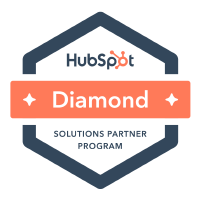
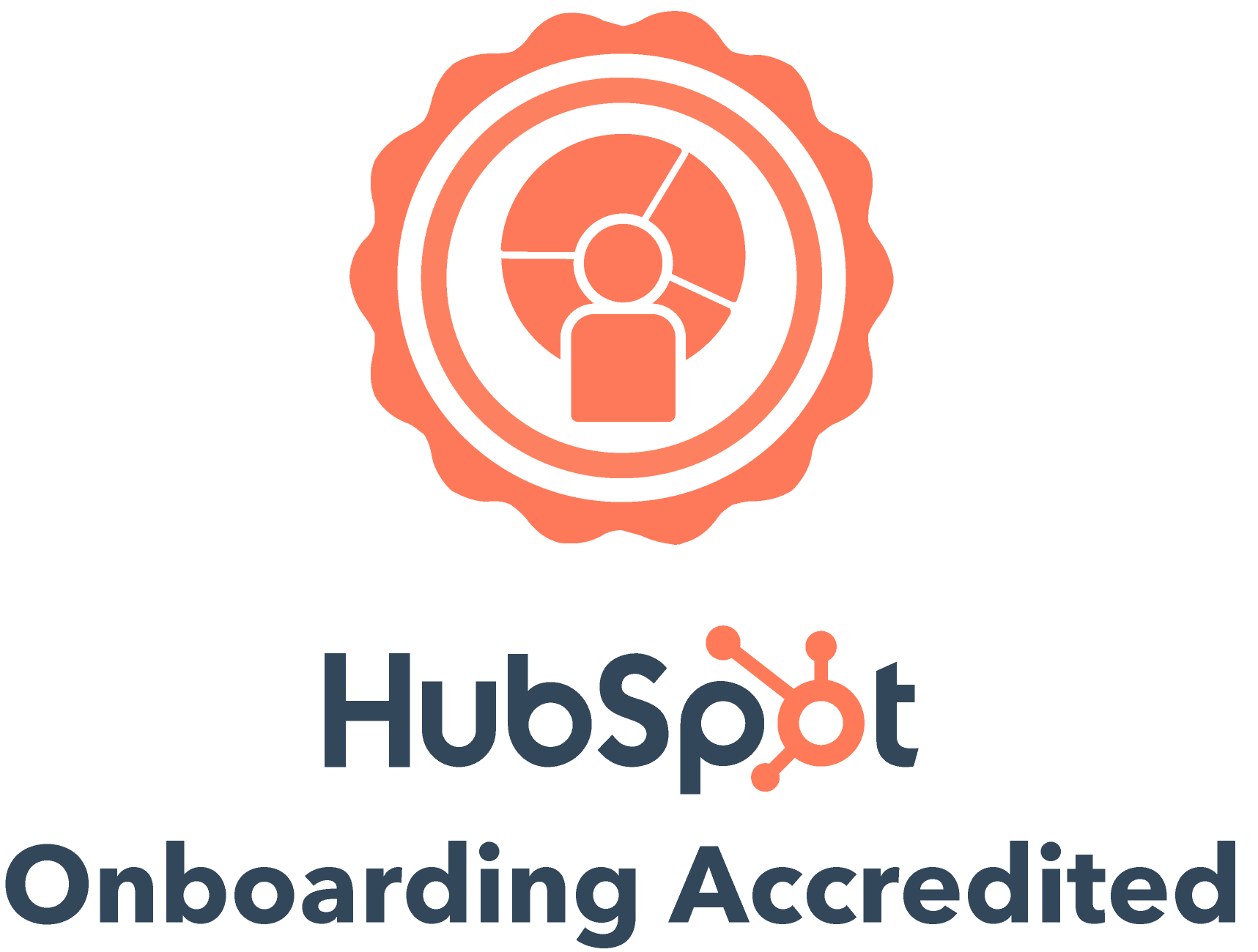
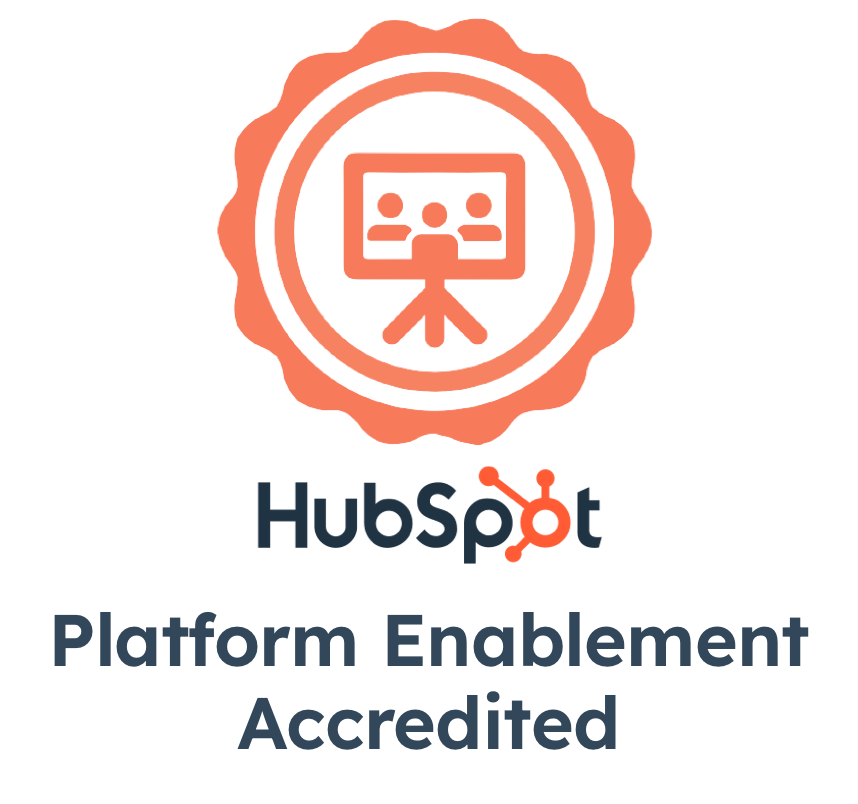
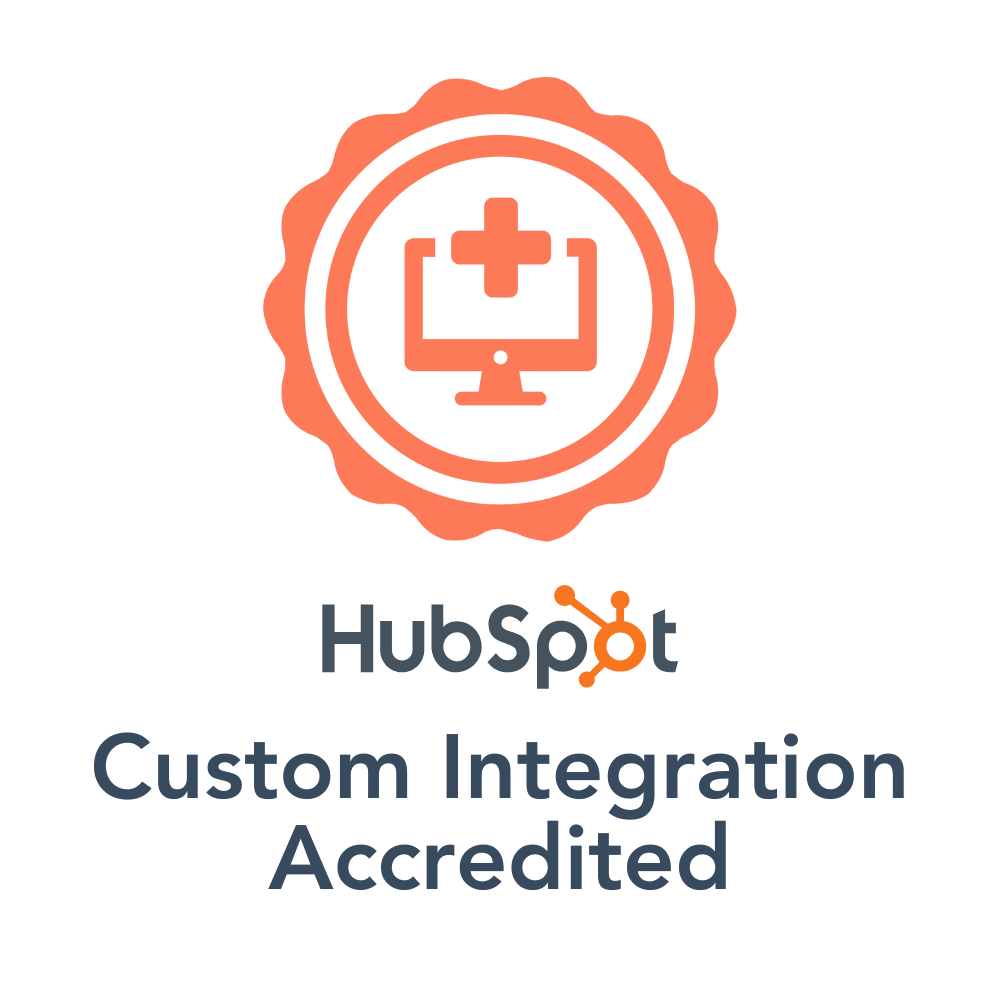
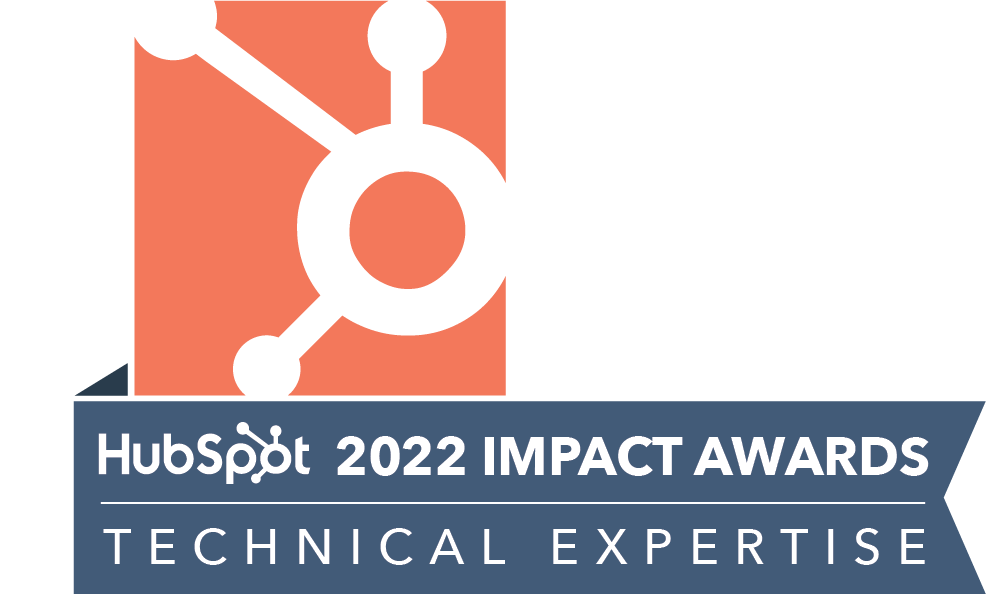
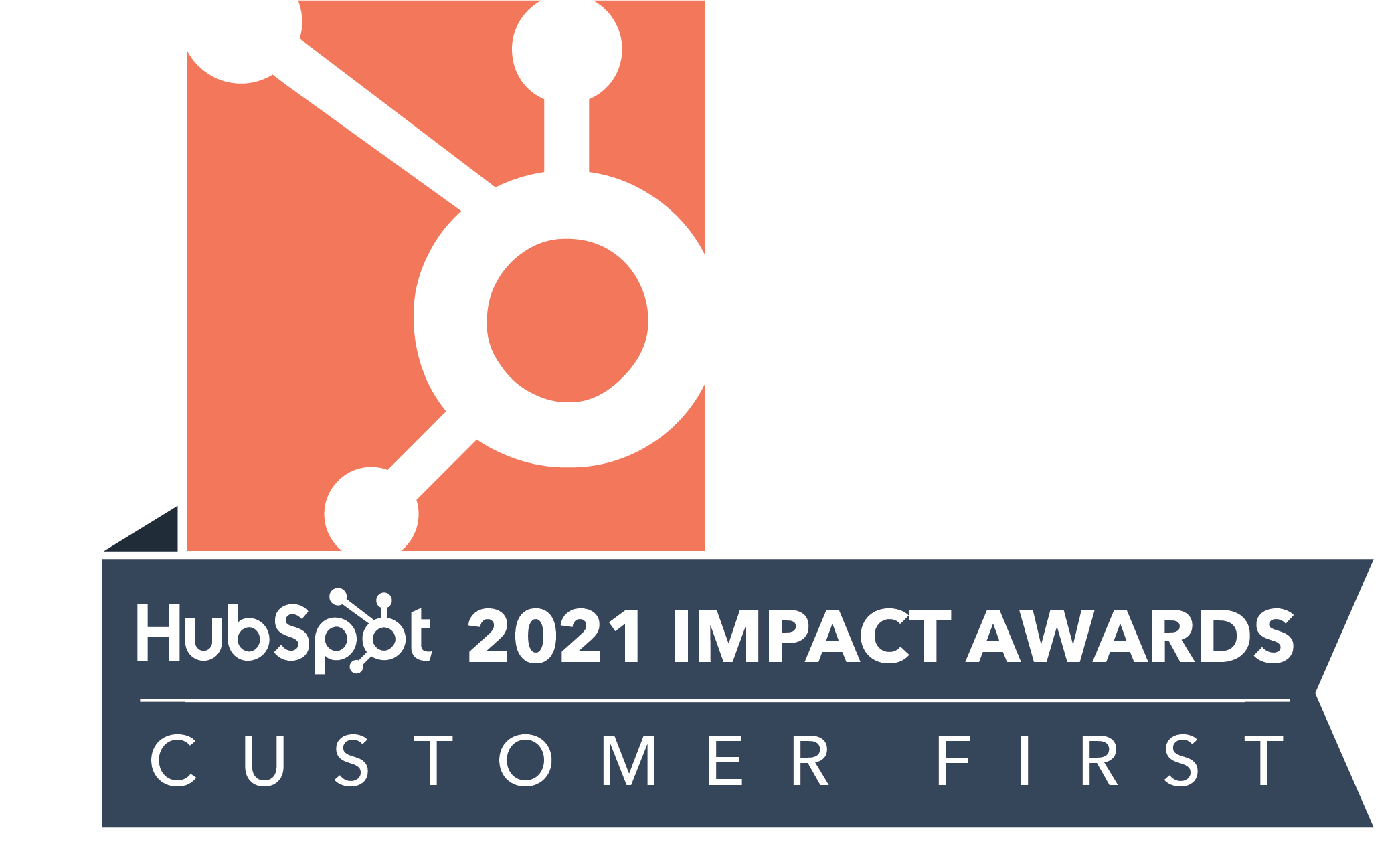
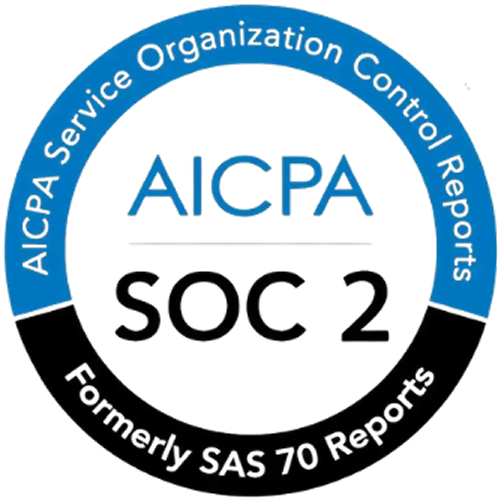
.png)
